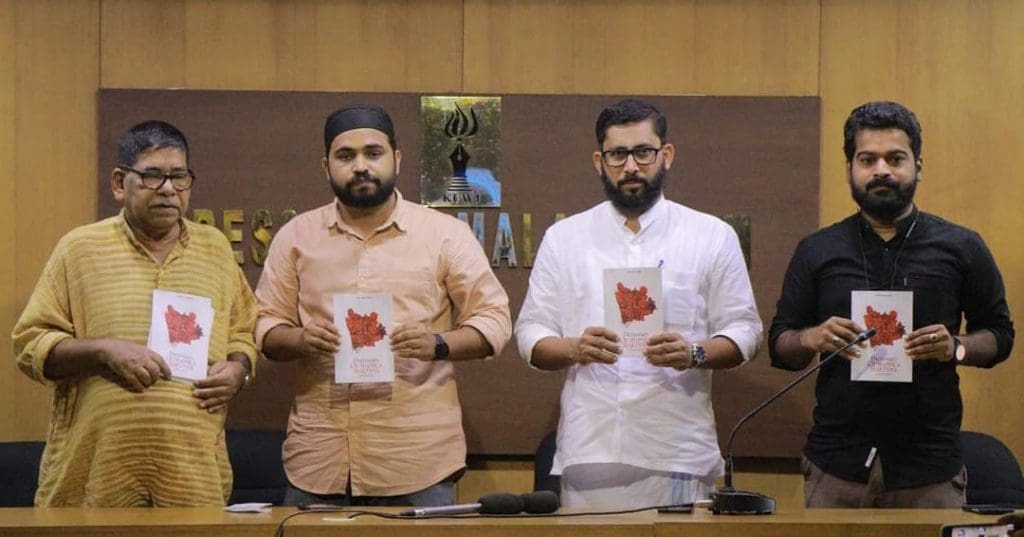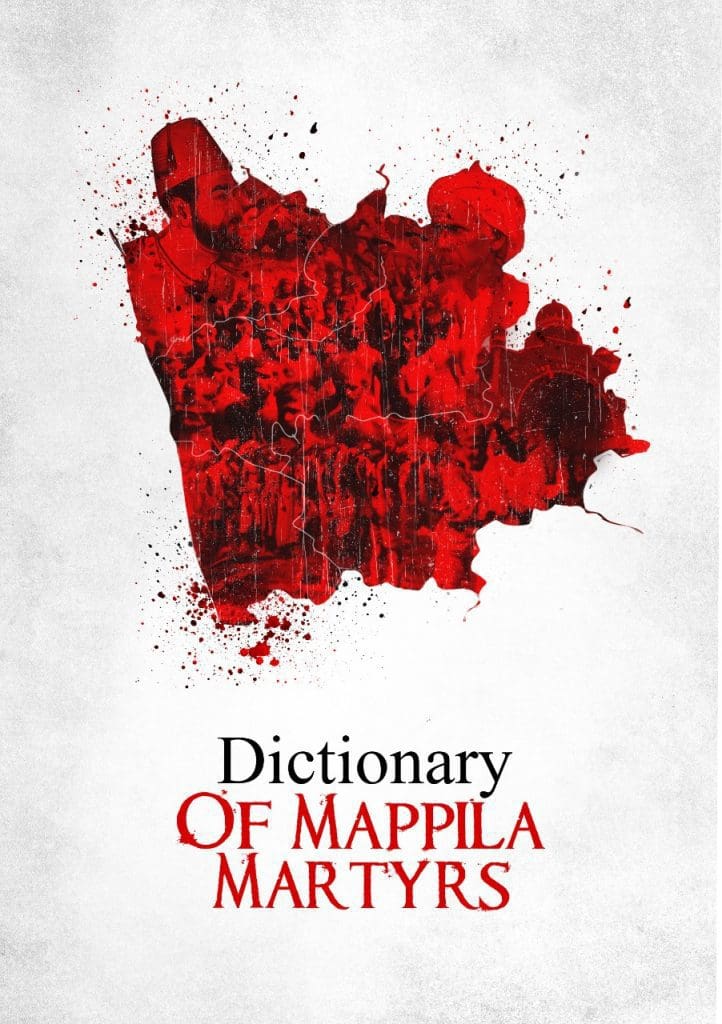
Following Indian Council of Historical Research (ICHR) removal of Malabar Rebellion martyrs from ‘Dictionary of Martyrs of India’s Freedom Struggle’, Students Islamic Organisation of India (SIO) Kerala unit launched the same in protest adding the omitted 387 martyrs on Monday.
Handing over the book titled “Dictionary of Mappila Martyrs” to the local historian, Alavi Kakkadan, SIO state president Amjad Ali EM said that the Malabar Rebellion of 1921 discomforts Hindutva politics and therefore the dictionary released by the governing Sangh Parivar can’t include Malabar martyrs.
Kakkadan who is a local historian extensively worked on Malabar Rebellion is also the chairman of Variyan Kunnathu Kunjahammed Haji Foundation of India.
The 221 pages book briefly introduces all the 387 Malabar leaders who fought British and Hindu landlords.


Mappila, anglicised as Moplah, is an ethnic Muslim community in northern Kerala.
“The greatness of Variyan Kunnathu and Ali Musliyar lies in not getting into the good list of Sangh Parivar. And history will remember them for getting omitted from Sangh distorted history,” adds Amjad Ali.
The ‘Dictionary of Martyrs of India’s Freedom Struggle’ was jointly published by the Ministry of Culture, Government of India and Indian Council of Historical Research (ICHR). And while reviewing the names of “freedom fighters” from 1857 to 1947, a three-member committee of ICHR is said to have considered removing the 387 names of “Moplah martyrs” of 1921.
Explaining the deletion, the saffron party government nominated panel said that the 1921 rebellion was never part of the independence struggle but a fundamentalist movement focused on religious conversion. None of the slogans raised during rebellion was in favour of nationalism and anti-British in content, the panel noted.
Historically, the Malabar Rebellion of 1921 mostly led by Muslim leaders and scholars was anti-imperialist and it fought against feudal landlords who supported the British rule.
The book launch at Malappuram Press Club, had the participation of Jamaat-e-Islami Hind (JIH) state secretary Abdul Hakeem Nadvi, SIO state secretary Rashad VP, Solidarity Youth Movement ‘s Basheer Thrippanachi and SIO Malappuram’s Sahel Bas.



